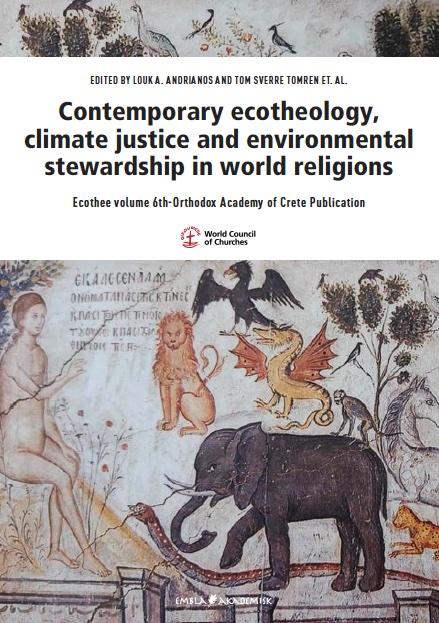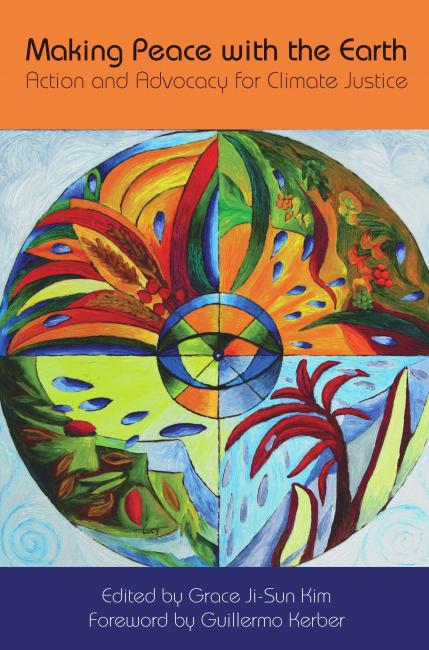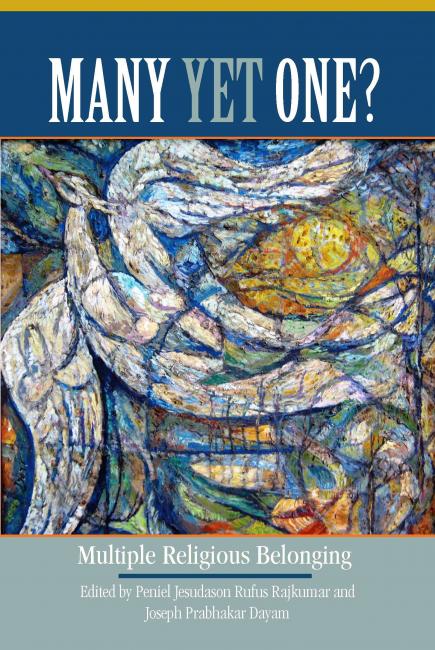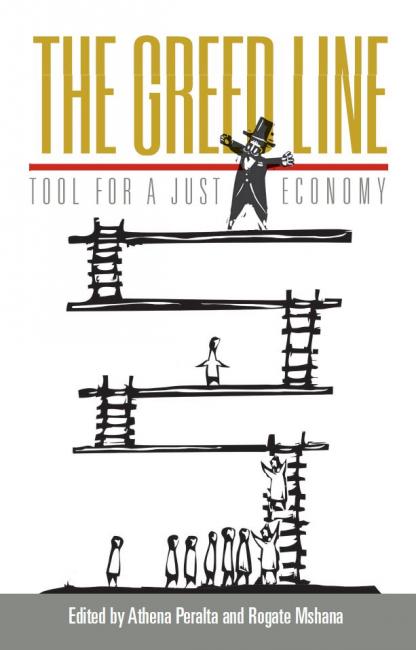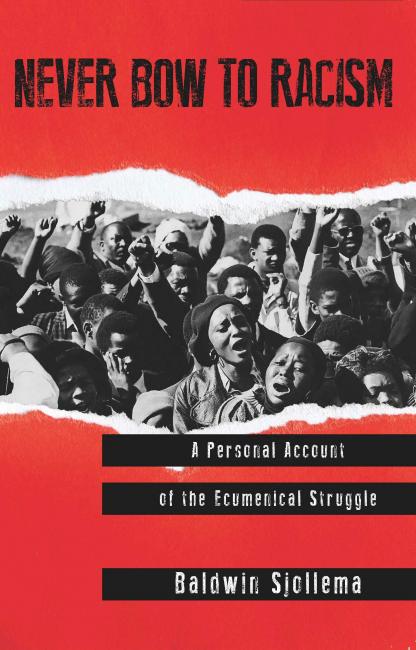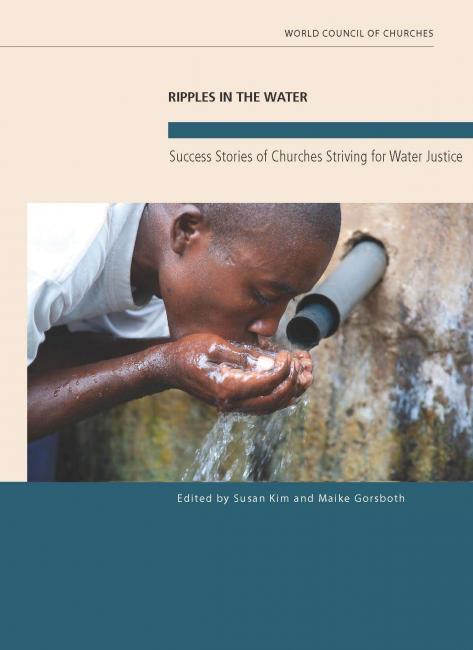Displaying 1 - 20 of 27
Strengthening Christian Perspectives on Human Dignity and Human Rights
Perspectives from an International Consultative Process
19 August 2022
Conversations on the Pilgrim Way
Invitation to Journey Together on Matters of Human Sexuality
15 August 2022
Contemporary Ecotheology, Climate Justice and Environmental Stewardship in World Religions
Ecothee Volume 6th-Orthodox Academy of Crete Publication
19 December 2021
Walking Together
Theological Reflections on the Ecumenical Pilgrimage of Justice and Peace
28 May 2018
Growth in Agreement IV:
International Dialogue Texts and Agreed Statements, 2004–2014, Volumes 1 and 2
01 February 2017
Passion and Compassion: The Ecumenical Journey with HIV
15 March 2016
The Greed Line: Tool for a Just Economy
01 February 2016
Never Bow to Racism
01 May 2015
A Peaceable Economy
01 June 2014
Ripples in the Water
01 February 2014




